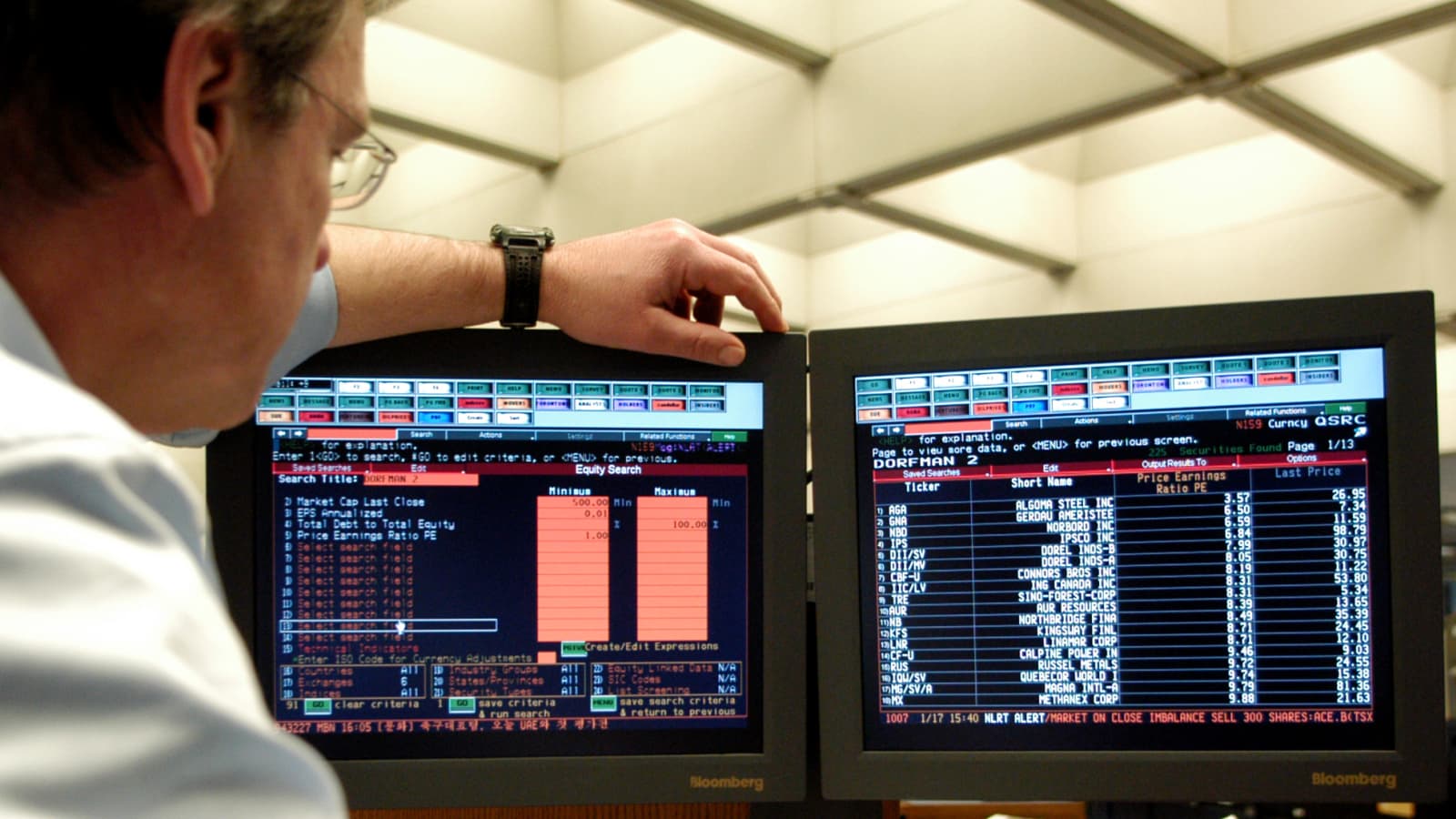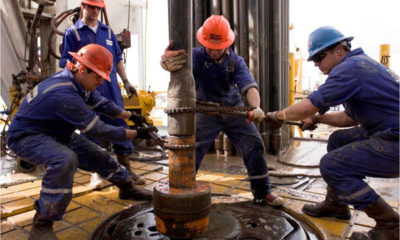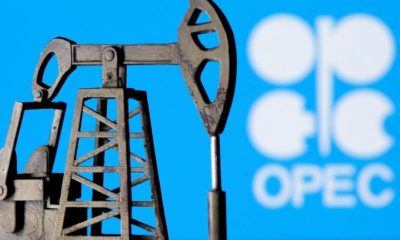Risk appetite is much improved on Tuesday following reports that Russia is pulling back some troops, a significant de-escalation that makes the prospect of an invasion this week much less likely.
The Kremlin maintains that it never intended to invade Ukraine and the return of some troops to their regular bases following military exercises is proceeding as was always planned. While risks remain elevated, this looks like a big step in the right direction, and investors, like everyone else, are breathing a huge sigh of relief.
European stocks are up more than 1% and US futures are eyeing a similar open, while oil and gold are paring gains from the last couple of sessions. The mood will no doubt continue to lift if troops continue to return to bases and leaders stop talking up the prospect of an imminent invasion, which appears to have brought amusement to some in recent days.
With diplomatic efforts set to continue, starting with German Chancellor Olaf Scholz’ visit to the Kremlin today, we could see sentiment continue to improve in the coming days. That could allow stocks to make up more lost ground as Ukraine developments have compounded fears around inflation and interest rates.
Pressure growing on ECB and BoE
Data from across Europe this morning has shown the labour market remained healthy into the new year despite the omicron setback. The euro area has seen employment exceed its pre-pandemic level while the economy grew by 0.3% in the final three months of the year. The resilience displayed through the latest wave highlights how tight the labour market is and will continue to pile pressure on the ECB as it tackles unusually high inflation.
The Bank of England is all too aware of those pressures, having already raised interest rates at each of the last two meetings and a repeat is expected in the coming months as well. Wages are continuing to rise as Christmas bonus’ appeared to exceed expectations, which contributed to earnings rising 4.3% in the three months to December, a faster rate than a month earlier and far higher than the 3.8% consensus. The pressure is not easing up on central banks, although inflation is expected to peak over the next couple of months.
$100 oil delayed as Ukraine tensions ease
Oil prices have pulled back from yesterday’s highs and are off more than 3% on the day as invasion fears recede. Brent and WTI had been on the march to $100 but the removal of troops has reduced the likelihood of conflict and, in turn, the risk premium. We could quickly see that change over the coming days if the situation deteriorates but if not, we could see a further decline in the price.
There’s been so much talk of triple-figure crude and the threat of war in Ukraine clearly accelerated that. We could still see oil hit $100 even without an invasion but it will take a little longer. The market is still extremely tight, which is why we’re seeing the prospect of an invasion drive up prices so much. In the absence of some unilateral action from Saudi Arabia, or a nuclear deal between the US and Iran, it may still not be too far away.
Gold appeal wanes on Ukraine de-escalation
Soaring demand for gold in recent days has cooled after Russia confirmed the planned withdrawal of some troops; the first sign of de-escalation on the Ukrainian border amid warnings of an invasion. The yellow metal was boosted by a combination of its safe-haven reputation and its inflation hedge qualities as oil and gas prices spiked.
It peaked earlier today around $1,880 but now finds itself testing $1,850, a level that prior to the invasion warnings on Friday had been a notable level of resistance. Should gold erase its invasion premium, we could see it move back towards $1,830 where it had stabilised around the middle of last week.
Bitcoin looking to build on positive momentum
Bitcoin remained quite stable throughout the uncertainty of recent days. It had already started to pull back from $45,500 as profit-taking kicked in but the downside since Friday has been fairly mild by its own standards. It’s certainly benefiting from improved sentiment today though, rallying almost 5% and suddenly last week’s highs look quite vulnerable. A break above here would put it back into healthy territory and we could see it gather momentum from there.

















